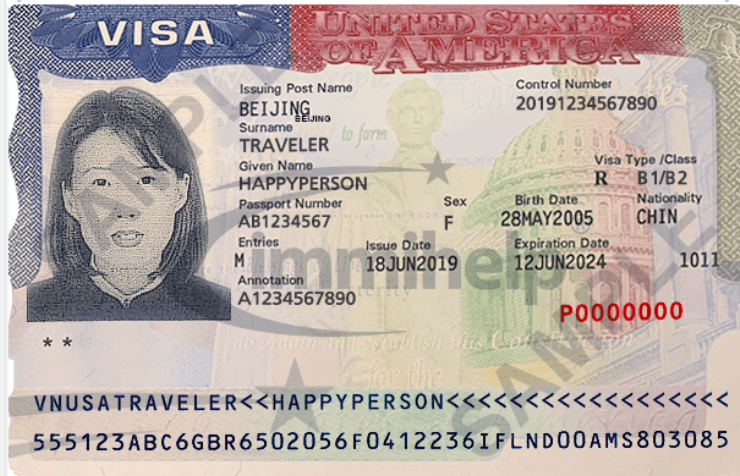Suppose your son has changed his visa status from a B1 (Visitor) visa to an F1 (Student) visa, and you want to obtain a U.S. visa to visit or accompany him. In that case, your visa application process will depend on your specific intentions (e.g., visiting, living with, or studying). Here are general steps and considerations for obtaining a U.S. visa under such circumstances:
If You Intend to Visit Your Son:
- Apply for a B2 Tourist Visa: If you plan to visit your son temporarily, you should apply for a B2 Tourist visa. This visa is temporary for individuals traveling to the United States for tourism, pleasure, or visiting family.
- Complete the DS-160 Form: Fill out the Online Nonimmigrant Visa Application form (DS-160) and print the confirmation page to bring to your interview.
- Pay the Visa Application Fee: Pay the non-refundable visa application fee, which is required to process your application.
- Schedule and Attend a Visa Interview: Schedule your visa interview at your country’s U.S. Embassy or Consulate. During the interview, you’ll need to prove that your visit to the U.S. is temporary and that you intend to return to your home country after your visit. Bring documentation to support your application, including proof of your relationship with your son, evidence of his F1 visa status, and documents that show your ties to your home country.
- Wait for Visa Processing: Your visa application will be processed after your interview. The processing time can vary based on the embassy or consulate.

If You Intend to Live with Your Son While He Studies:
- F2 Dependent Visa: If you are the spouse or the minor child of an F1 visa holder, you may apply for an F2 visa to live in the U.S. with the student. However, parents cannot qualify as dependents under an F1 student visa holder. Therefore, living with your son in the U.S. while he is on an F1 visa is not typically an option unless you qualify for another type of visa that allows a more extended stay or residency (e.g., work visa, investor visa).
General Tips:
- Gather Documentation: For any U.S. visa application, having thorough documentation is critical. This includes financial statements proving you can support your stay in the U.S., ties to your home country, and any documentation relevant to the purpose of your visit.
- Interview Preparation: Be prepared to articulate your travel plans, the purpose of your visit, and your intention to return to your home country after your visit.
- Check the Latest Requirements: Visa policies and requirements can change. Always check the official website of the U.S. Embassy or Consulate in your country for the most up-to-date information.
If your situation is complex or you are unsure about the best course of action, consider consulting with an immigration attorney or a visa consultant who can provide guidance tailored to your circumstances.




